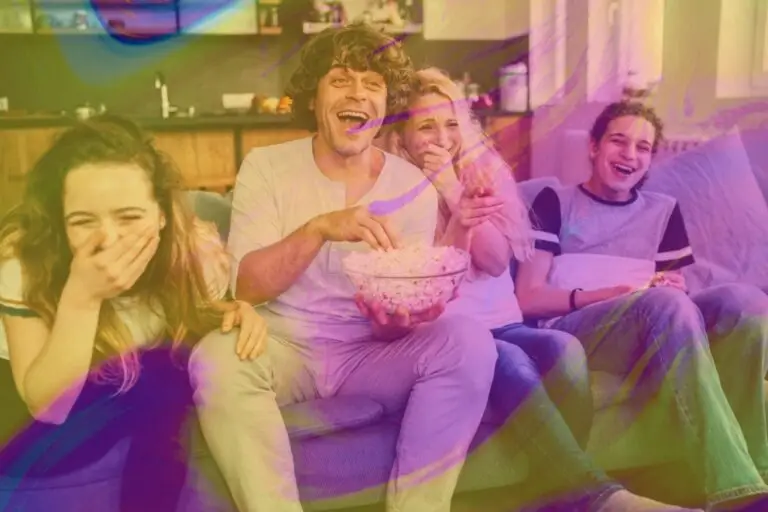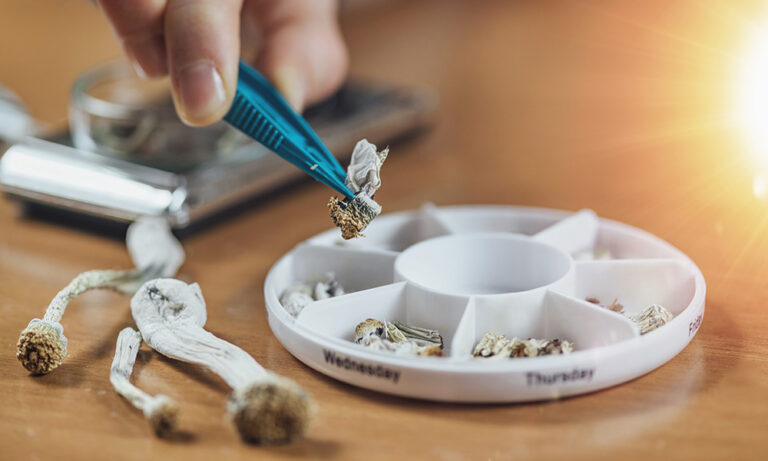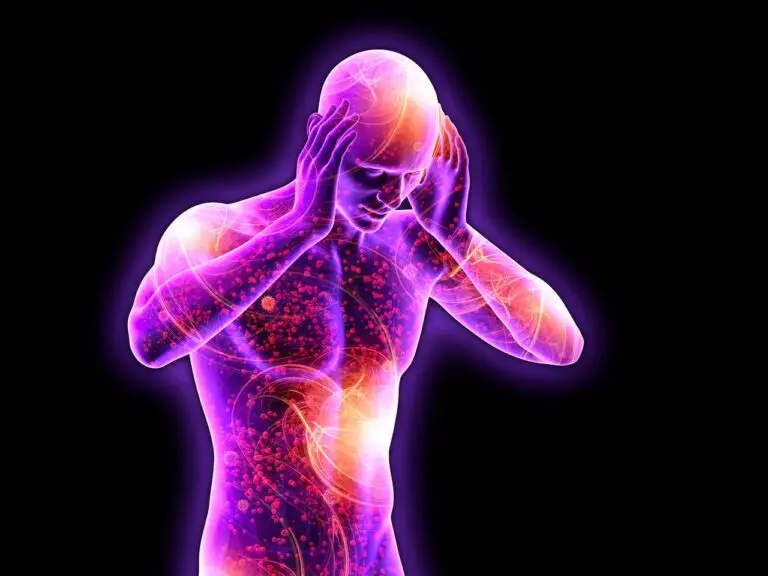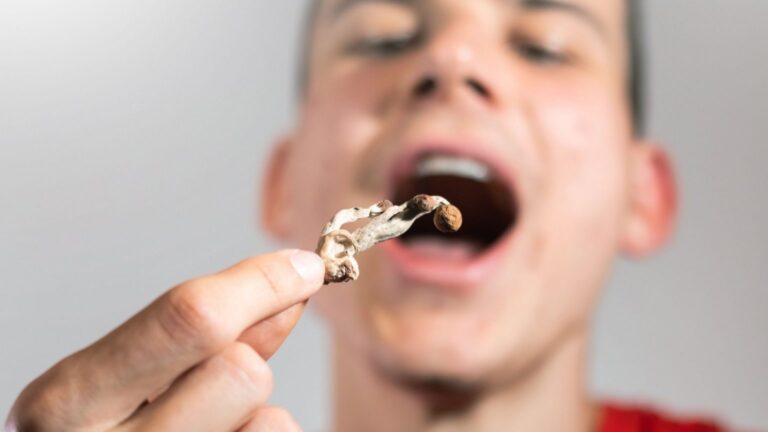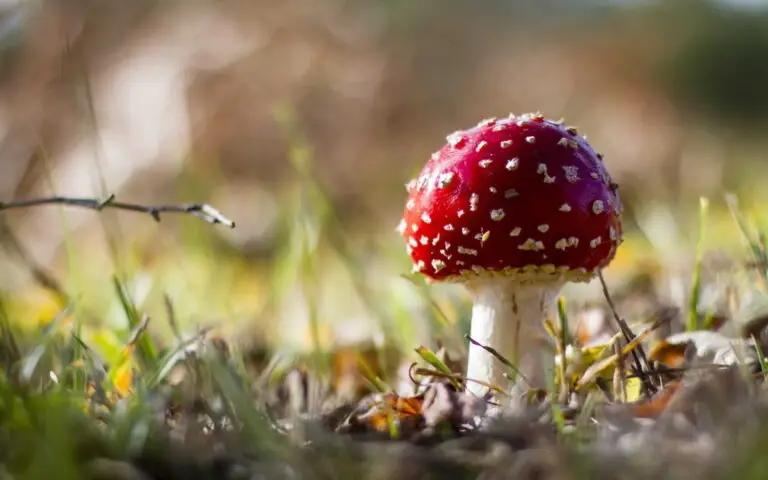Magic Mushrooms for Anxiety and Depression
Magic Mushrooms for Anxiety and Depression
Anxiety and depression are two of the most prevalent mental health issues affecting millions worldwide. These conditions can be debilitating, impacting daily life and overall well-being. In the quest for effective treatments, many are turning to alternative therapies, one of which is magic mushrooms, also known as psilocybin mushrooms. Historically revered for their psychoactive properties, these fungi have gained attention in recent years for their potential therapeutic benefits, particularly in alleviating symptoms of anxiety and depression.
For ages today studies have shown that psilocybin mushrooms have been employed in religious and cultural rituals. Modern science has been investigating their potential for treating mental health issues like anxiety and depression in recent years. Psilocybin therapy is becoming one of the most promising natural remedies for anxiety and depression, which is why many people are turning to it. The benefits, hazards, and potential future of psychedelic medicine in the UK and around the world will all be covered in this blog, along with how magic mushrooms are becoming more and more popular for treating anxiety and depression.
What Are MAGIC MushroomS?
Psilocybin mushrooms, or psilocybin-containing mushrooms, commonly known as magic mushrooms or as shrooms, are a type of hallucinogenic mushroom and a polyphyletic informal group of fungi that contain the prodrug psilocybin, which turns into the psychedelic psilocin upon ingestion. When consumed, psilocybin can alter perception, mood, and thought patterns. Researchers believe this unique effect is what makes magic mushrooms for depression a strong candidate in mental health treatment, particularly for individuals who have not responded well to traditional antidepressants.
Psilocybin for Anxiety and Depression – How It Works
Studies have shown that psilocybin for anxiety and depression may help reset the brain’s default mode network, which is often overactive in people with chronic worry and negative thinking. By promoting new neural connections, psilocybin allows individuals to break free from harmful thought loops. Patients often report feelings of emotional release, spiritual connection, and improved outlook on life after psilocybin assisted therapy.
Benefits of Magic Mushrooms for Anxiety
-
Reduced rumination and overthinking
-
Enhanced mindfulness and relaxation
-
Increased emotional openness and empathy
-
Relief from existential anxiety, particularly in patients with terminal illness
Benefits of Magic Mushrooms for Depression
-
Improved mood stability
-
Greater resilience against stress
-
Resetting negative thought patterns
-
Boosting creativity and problem-solving abilities
Risks of Using Magic Mushrooms for Mental Health
While psilocybin therapy for anxiety and depression shows great promise, it is not without risks. Potential downsides include:
-
Experiencing a “bad trip” marked by fear or paranoia
-
Potential interactions with existing mental health medications
-
Legal restrictions in the UK, where psilocybin is currently a controlled substance
Because of these risks, researchers emphasize the importance of supervised use in a therapeutic or clinical setting rather than recreational consumption.
Harm Reduction Strategies
When considering the use of magic mushrooms for anxiety and depression, harm reduction strategies are paramount. It is advisable to start with small doses, gradually increasing as comfort levels allow. Having a sober guide present during the experience can provide reassurance and support, ensuring that the individual feels safe and grounded. Additionally, practicing harm reduction techniques, such as creating a calming environment and setting clear intentions before the experience, can enhance the overall benefits.
sychedelic Therapy UK – Current Research and Future Possibilities
In the UK, psychedelic therapy for anxiety and depression is still in the clinical trial stage. Leading institutions such as Imperial College London are conducting research on psilocybin therapy, and early results are very encouraging. While psilocybin is not yet legal for medical use, there is growing momentum for change. As studies continue to confirm its effectiveness, the future may see magic mushrooms for depression and anxiety becoming an accepted treatment in mental health clinics.
The Future of Magic Mushrooms in Mental Health Treatment
The science around magic mushrooms for anxiety and depression is still developing, but the evidence is strong enough to suggest that psilocybin could transform mental health care in the coming years. By reducing negative thought cycles, enhancing emotional resilience, and offering a natural alternative to traditional pharmaceuticals, psilocybin may pave the way for a new era of healing. However, until legalization and regulation catch up with science, patients must stay informed and cautious about their choices.
FAQ:
What mushrooms are good for anxiety and depression?
The mushrooms most commonly studied for mental health are magic mushrooms, which contain the psychedelic compound psilocybin. Research shows that psilocybin can help reduce symptoms of anxiety and depression by promoting new neural connections and improving emotional processing. Unlike ordinary edible mushrooms, psilocybin mushrooms are considered therapeutic because they target serotonin receptors in the brain, which play a key role in mood regulation.
Which psychedelic drug is best for anxiety?
Among psychedelics, psilocybin (magic mushrooms) has shown the strongest clinical results for anxiety, especially in patients with treatment-resistant depression or those facing end-of-life distress. Other substances like LSD and MDMA are also being researched, but psilocybin currently has the most promising evidence and is leading clinical trials in the UK, the US, and Europe.
What is the best supplement for anxiety and depression?
For natural support, people often turn to supplements like omega-3 fatty acids, magnesium, vitamin D, L-theanine, and ashwagandha to improve mood and reduce stress. However, these supplements usually provide mild benefits compared to therapies like psilocybin-assisted treatment, which is showing strong long-term effects in studies. Always consult with a healthcare provider before starting any supplement or alternative treatment.


